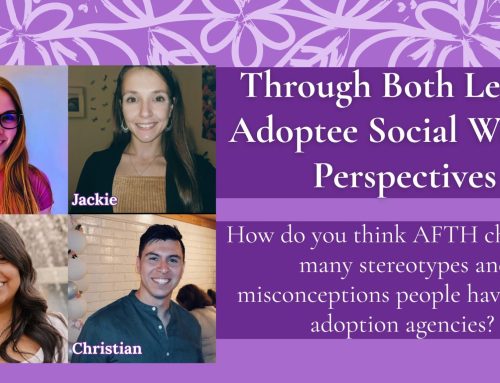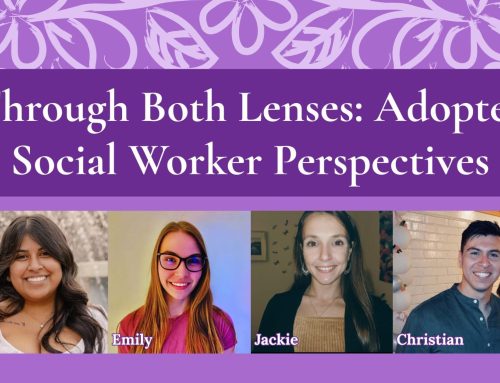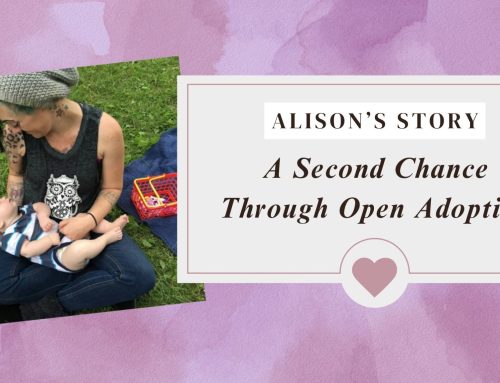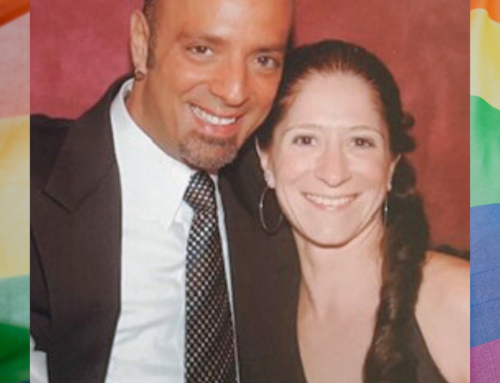After making the decision to pursue an adoption journey, you are often faced with paperwork, educational courses and the seemingly daunting task of creating your adoption key and profile book. We are here to outline some tips of the trade as well as some advice from adoptive parents who have gone through the process.
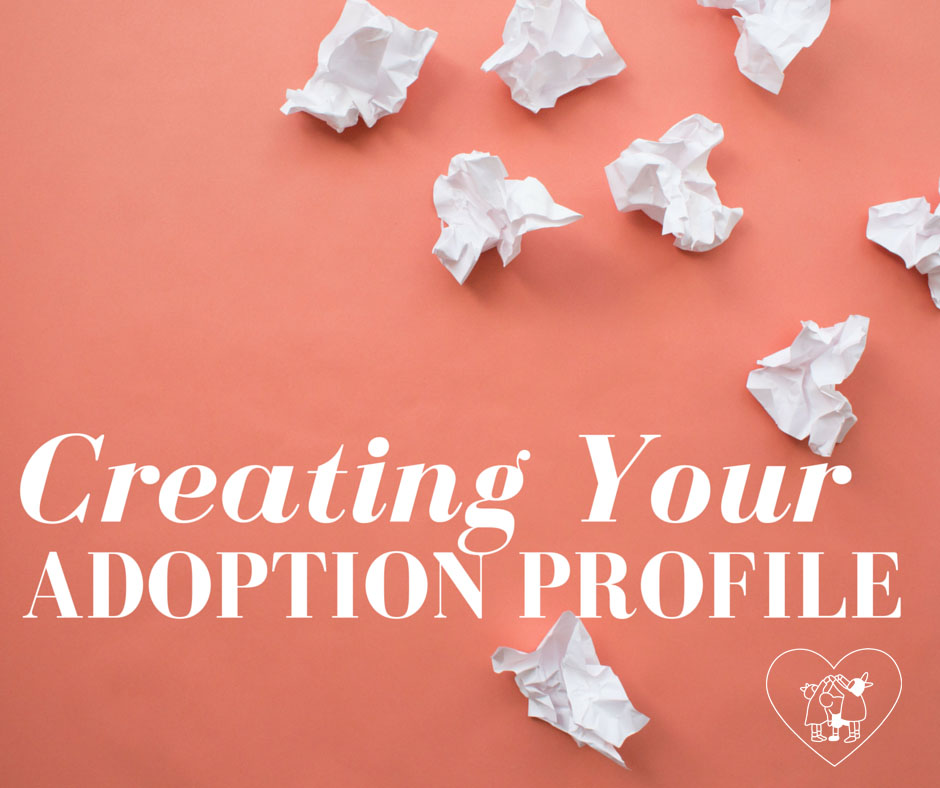
The Adoption Profile Key
When it comes time to determine what you are looking for in your adoption it is important to take time to consider some basic topics and decide what works for you. What one family might be comfortable with, you might not be and that is completely normal. Each family has something special to offer the perfect child.
Melissa, an adoptive mother, explained her three main points she and her husband used when creating their criteria in a post on Adoption.com. She is a firm believer that adoption should occur because a child needs a family, not because a family needs a child, that there is a difference between uncomfortable and unsuitable, and finally that you should ask yourself what you can do to expand your educational and social circles. Here is what Melissa had to say regarding each of those topics:
1. Adoption should occur because a child needs a family; not because a family needs a child.
As you determine what your adoption criteria is, keep this fact in mind. There is no such thing as the perfect child, and adoption brings hard times no matter what child is placed with your family. Instead of seeking perfection via making a list of what you’re willing to accept, make a list of what you feel you’re fit to accept.
Hopeful adoptive parents need to move past thinking of adoption criteria as a wish list. Adoption does not exist so that you can welcome a child into your family; it exists because children need homes where they can thrive. Consider this as you’re writing down your adoption criteria. Don’t think about what a child can do for you and your life; think about what you can do for a child and his/her life.
2. There is a difference between uncomfortable and unsuitable.
As we discuss our adoption criteria, we all have a base level of what makes us comfortable, and it probably involves a healthy child with no drug exposure, our same ethnicity, a birth father who is completely on-board with the adoption, and no other red flags.
But maybe our situation, experiences, resources, families, and all of the other assets we have at our disposal make us ideal for a child who has special needs, a transracial placement, an open adoption, a sibling placement, or whatever else may come your way.
Don’t limit yourself based on what makes your stomach hurt a little. Have the hard discussions based on what you have to offer a child, and if your personality and your abilities lend themselves to something that challenges you, take the time to digest all of the feelings and determine together as a couple where you can excel. Being uncomfortable is okay because it will challenge you to think and examine, but it’s also okay to deem yourself unsuitable for certain situations as well.
3. What can you do to expand your educational and social circles?
Sometimes there is no way to know what you’re suitable for until you’re exposed to families who have accepted placements that fall outside the realm of healthy same-race infant placements. Most adoptive families are more than eager to help you determine what you feel you can offer to a child, so dig into your local community to see what resources you can uncover. Many local churches have adoption groups, and you may even be able to turn to social media to find adoptive families in your area.
Start asking questions and networking, then start talking to families. Begin discussions and ask questions to help you determine what your reality would be like should you accept a placement that pushes your initial comfort boundaries. If experienced adoptive families have learned anything, it’s that our comfort levels evolve over time. We have learned to rise to the occasion because parenthood requires that, and most adoptive families are happy to help hopeful adoptive parents determine what situations they’re best suited for.
Educating Yourself
Adoptions From The Heart hosts educational seminars for prospective, waiting and finalized adoptive parents because adoption education is a lifelong process. Some of these courses include topics like the effects of parental behavioral health on children and the effects of pre-natal drug and alcohol exposure. For families in the process of completing their profile key, these course in particular can be a great way to learn from professionals and ask questions about areas you aren’t quite comfortable with.
To learn more about the courses available in your area, visit this link: https://afth.org/community-education/educational-series-seminars/
Creating Your Profile Book
For the creative folks this can be an exciting step of the process, being able to share your story and details of your life through photos and words, but for others this can be a bit stressful. What do I include? Does this picture accurately describe us as a family? The list is endless.
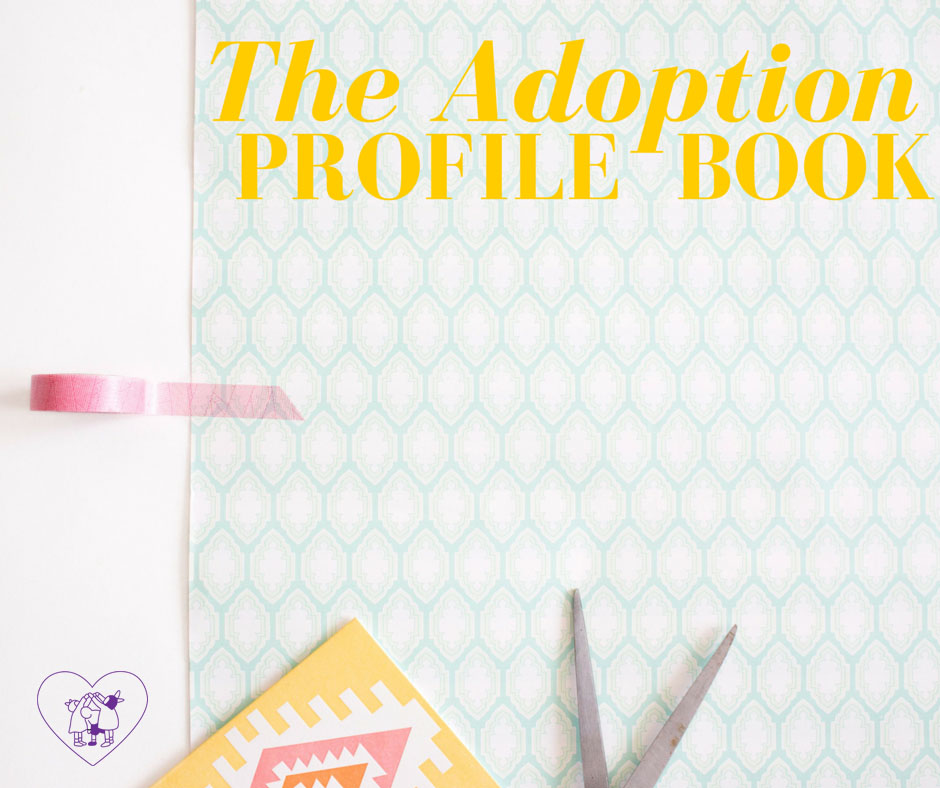
The book, How to Create a Successful Adoption Portfolio: Easy Steps to Help You Produce the Beat Adoption Profile and Prospective Birthparent Letter by Madeleine Melcher, was used by an AFTH adoptive mother and she found it extremely helpful. Here are some helpful guidelines for different sections of your profile book:
Your Letter to Prospective Birthparents
- What would you like the prospective birthparent(s) to know about you as a couple? As a family?
- What would you like the prospective birthparent(s) to know about your home/town/neighborhood?
- What do you have to offer their baby? (love, security, bedtime stories, lots of hugs, college education, etc.)
- Other thoughts/unique things about you?
About Us
- How did you meet?
- Special proposal or memory?
- Things you enjoy doing together and how you would incorporate a child
- Things you look forward to being parents together
- Descriptive words about each parent
- Your strengths as a couple
- Interesting facts about you as couple that would help you stand out in a positive way
About Each Parent
- Favorite childhood memories
- Schools attended and degrees earned past high school
- Occupation/about your job (include positive levels of flexibility and job security)
- Are you planning on staying home with your child? If so, what do you look forward to? If not, what arrangements have you made to benefit your child?
- Things you are looking forward to with your child and the kind of parent you hope to be
- Fun facts about yourself
- A quote by your spouse/partner about you
Other Topics to Include
- Holidays/Special Occasions/Family Traditions
- General Family and Friends pictures
- Hobbies
- Home/Neighborhood/Town
- Pets
- Other children
- Travel
- Quotes from family, friends or coworkers
Being creative with your profile book can really express who you and your family are. Your adoption counselor or social worker can be a great resource for both your profile key and your profile book. Make sure to ask questions and take your time completing this step in the adoption process. What questions do you have about the adoption profile key or adoption profile book? Ask us on Facebook or Twitter!

